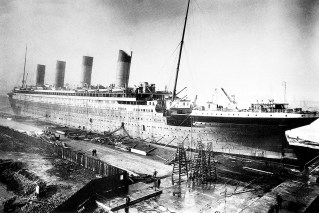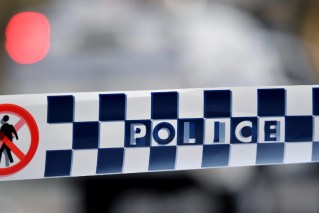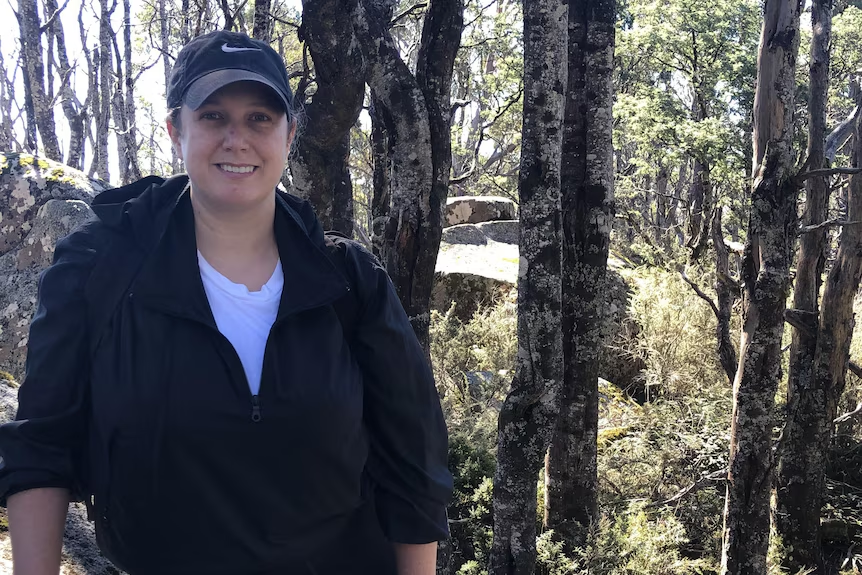Japanese Prime Minister Fumio Kishida has put his sashimi where his mouth is, eating a meal of raw fish in front of reporters to allay fears over nuclear-contaminated water being released into the ocean.
Mr Kishida was joined by three Japanese Cabinet ministers to dine on raw flounder, octopus and sea bass caught off the Fukushima coast, accompanied by rice, vegetables and fruits that were harvested in the prefecture.
The meal followed the legal release into the sea of stored wastewater from the nuclear plant.
South Korean President Yoon Suk Yeol also had a seafood lunch to promote its safety this week after local protests, although the origin was not reported to be Fukushima.
Japan has been facing backlash over its decision to release treated wastewater from the Fukushima nuclear plant into the Pacific Ocean.
The process began this week, more than 12 years after the Fukushima nuclear disaster triggered by an earthquake and tsunami.
Tokyo Electric Power Company (TEPCO), which runs the nuclear plant at the centre of the disaster, has stated it needs to clear more space to safely decommission the plant.
This means disposing of about 1.4 million tonnes of stored wastewater that was used to cool melted nuclear reactors in the aftermath of the 2011 tsunami disaster.

There are about 1000 tanks of wastewater currently stored at Fukushima Daiichi Nuclear Power Station. Photo: International Atomic Energy Agency
The water has been been treated to remove almost all radioactivity, except tritium. Before being discharged, the water will be diluted to bring the tritium to below regulatory standards.
TEPCO will release the water in increments, with more than 1000 tanks’ worth of treated water to be released over 30 years.
The process, first announced by Japan in 2021, was given the stamp of approval by the International Atomic Energy Agency in July, which found that the controlled discharges of the treated water would have a “negligible radiological impact to people and the environment”.
International backlash
Despite the go-ahead by the United Nations nuclear watchdog, the disposal of Fukushima wastewater into the ocean has been met by dismay and anger from many, including Japan’s neighbour and frequent political sparring partner, China.
While South Korea has ruled out lifting bans on Japanese seafood imports from select prefectures, including Fukushima, the bans had already been in place for years, and South Korea has accepted Japan’s wastewater disposal process.
But China announced last week it would immediately “suspend the import of aquatic products originating in Japan” to avoid the risk of radioactive contamination of food.
With China being one of its biggest seafood export markets, Japan’s fishing industry is expected to take a significant hit.

The Japanese prime minister made a point of eating seafood at Tokyo’s Toyosu fish market on Thursday. Photo: AAP
Mr Kishida announced on Thursday the government will allocate tens of billions of yen (hundreds of millions of dollars) to support the fishing industry in the aftermath of China’s ban.
The Japanese government is considering filing a complaint with the World Trade Organisation over China’s blanket ban.
Mr Kishida has also called on China to help curb harassment of Japanese diplomatic and school facilities, which has reportedly included prank calls and stone-throwing.
Japanese travellers have been told to take care while travelling through China, and avoid speaking Japanese loudly in public.
The wastewater decision has also sparked national concern, with a survey conducted by Japanese newspaper The Asahi Shimbun finding 41 per cent of respondents didn’t support the plan.









